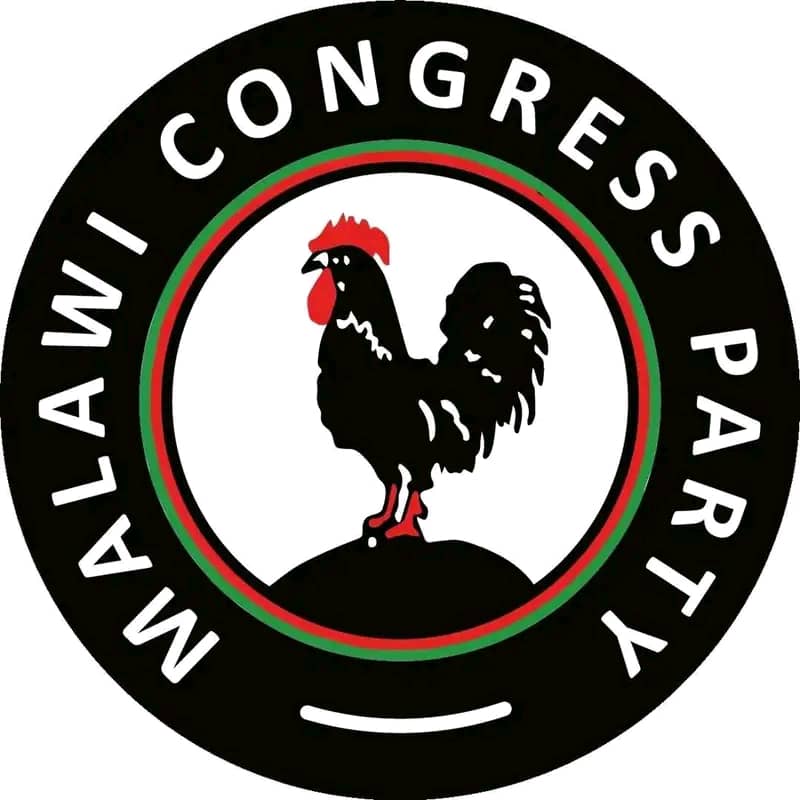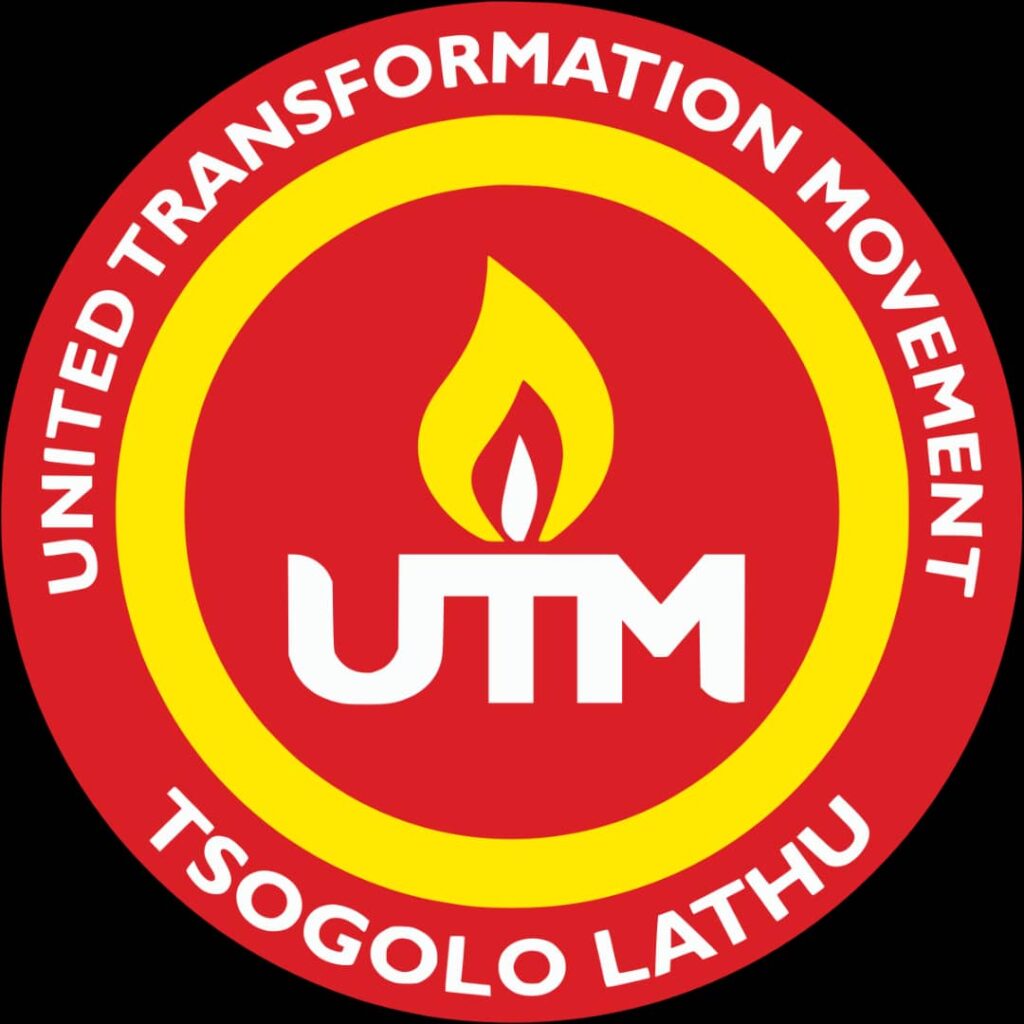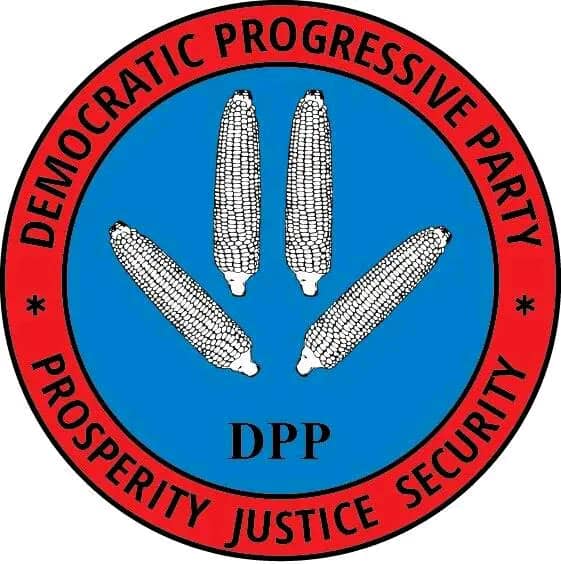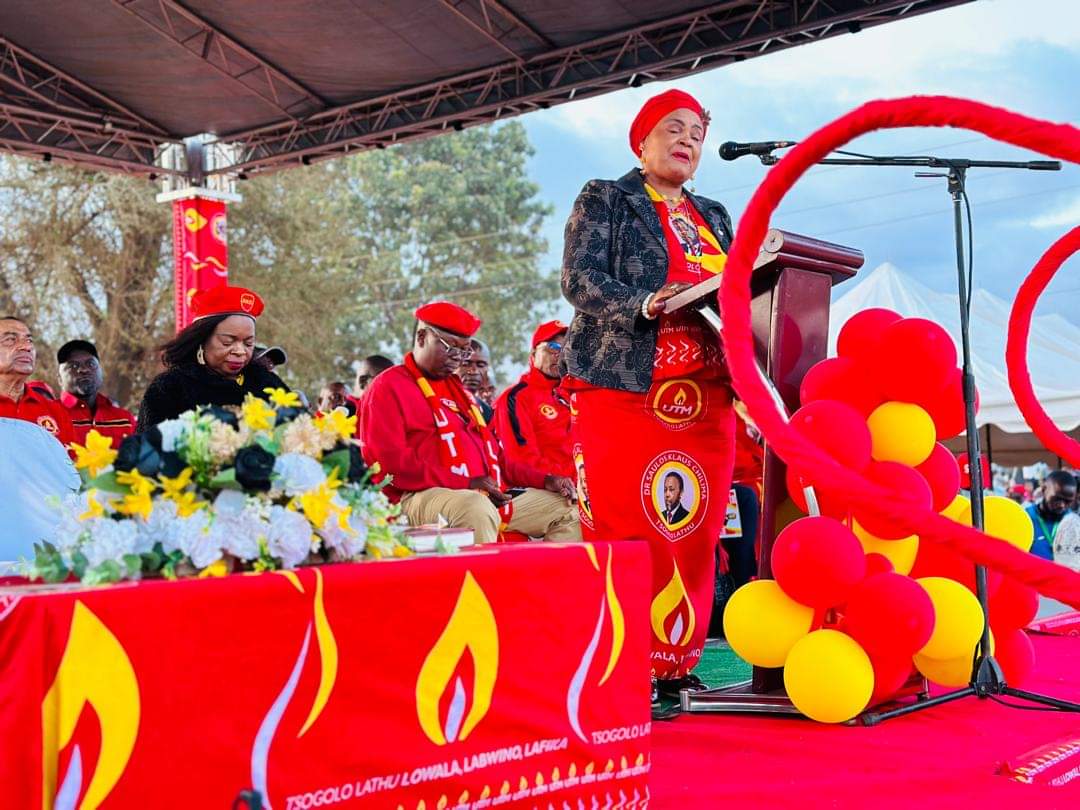By Burnett Munthali
As the 2025 election year approaches, the political landscape in Malawi is heating up, with campaigns officially opening on September 16, 2024. With the major political parties, including the Democratic Progressive Party (DPP), Malawi Congress Party (MCP), Alliance for Democracy (AFORD), and the People’s Party (PP), having held their conventions, the stage is set for what promises to be a contentious electoral battle. The United Transformation Movement (UTM) is expected to conduct its convention in November, adding another layer to the dynamic political atmosphere.

Reflecting on the current cohort of Members of Parliament (MPs), it is evident that the political scene has been marked by a mix of rhetoric and little action. Many of the MPs, who were ushered in during the 2019 elections—following a tumultuous electoral cycle that saw a redo in 2020—have garnered a reputation for being loud, often resorting to cursing, but ultimately failing to deliver tangible results for their constituents.
In light of these observations, I offer my analysis and predictions for the upcoming 2025 elections, emphasizing the shifting priorities of the electorate. The following predictions are based on the demographics of the current MPs and their likelihood of retaining their seats:
1) MPs Aged 70-90 Years: This age group, which represents a diminishing portion of the parliamentary landscape, is likely to see only 5% retain their seats, while a mere 4% will be new entrants from this category. The electorate seems poised for a generational shift, seeking fresh leadership to address contemporary challenges.

2) MPs Aged 50-70 Years: Among this cohort, I predict that only 12% will retain their positions, with 20% of this group being new faces. While some may have experience, the appetite for progressive change remains strong among voters.
3) MPs Aged 25-50 Years: In stark contrast, this younger group is expected to witness 30% retention of seats, but a significant 70% turnover with new candidates. Voters are increasingly drawn to youthful leaders who they perceive as dynamic and capable of navigating the complexities of modern governance.
Across all parties, there is a palpable desire for change, particularly among younger voters who are looking for representatives who resonate with their aspirations and concerns. The current parliament has often been criticized for its inability to address pressing issues, and many citizens are ready to try new faces that embody the progressive ideals they seek.

The call for change is not just about age but also about vision and effectiveness. The electorate is yearning for leaders who can connect with the grassroots and deliver results rather than just making noise in Parliament. As we move closer to the elections, it is crucial for political parties to prioritize candidates who reflect the values and aspirations of the citizens they aim to represent.
In conclusion, as the 2025 elections draw near, it is evident that a significant transformation in Malawi’s political landscape is on the horizon. The demand for youthful, progressive leaders indicates a shift in voter sentiment, suggesting that those clinging to outdated practices may find themselves sidelined in favor of a new generation of politicians. With the conventions underway and campaigns heating up, the stage is set for a political awakening in Malawi, driven by the aspirations of its citizens.
Burnett Munthali is a political analyst and journalist, offering insights into the evolving political landscape in Malawi and the implications for future governance.




